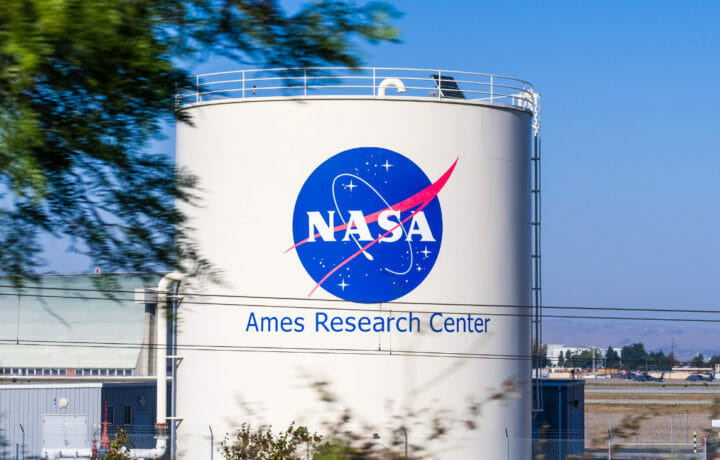If you ever wanted to have your voice heard about space policy, this could be the job for you. NASA describes the duties of the Planetary Protection Officer (PPO) as being “responsible for the leadership of NASA’s planetary protection capability, maintenance of planetary protection policies, and oversight of requirement implementation by NASA’s space flight missions. Planetary protection refers to the policy and practice of assuring no harm from biological or organic-molecular contamination to Earth and solar system bodies resulting from robotic and human space exploration.”
What the Planetary Protection Officer Job Entails
The location for the PPO position is up for negotiation if you get selected for the role. NASA is also allowing some telework, depending on policies. As for compensation, the job listing states that it will be between $135,522 to $189,947, putting it in the SL 00 pay scale and grade. Basically, this job is for those who are above a GS-15 position, but are not in line for an SES position.
As for what you get to do if you make it through the testing of your astrobiology knowledge, well, you get to spend some time in research and development as well as finding ways to push the boundaries in space protection. But you will also have a hand in robotic and human spaceflight missions, making sure policies, requirements and international obligations are met. The PPO role also serves as an advisory position to the Chief of the Office of Safety and Mission Assurance (OSMA), as well as a liaison to inter-agency (hello Space Force), international, and commercial planetary protection forums. If scientific knowledge, leadership skills, and rule following are all your jam, then this could be your next gig. The job closes on Mar 31, so there’s no time to waste in gathering your resume, as well as your senior lever supporting documentation.
Working for NASA
NASA Clearance Considerations
While your dreams of working for NASA seem within reach, know that space work usually still requires a clearance. This position is no exception, as it requires a Secret clearance.
According to security clearance attorney, Sean Bigley, “This is – dare I say it – an ‘out of this world’ opportunity for someone with the right skill set. But the bigger picture is that a great many jobs at NASA require security clearances, much to the surprise of some applicants. My office has handled a number of NASA security clearance cases over the years, and our takeaway has been that the agency is every bit as concerned about security as its intelligence community, military, and law enforcement counterparts. If your dream is to work at NASA, don’t overlook the importance of living a life free from substance abuse, keeping up with your debts, staying out of trouble, and generally demonstrating good judgment. Those areas of your background, among others, will all be assessed carefully by NASA security officials before you ever have an opportunity to put your scientific bona fides to use exploring ‘infinity – and beyond.'”




